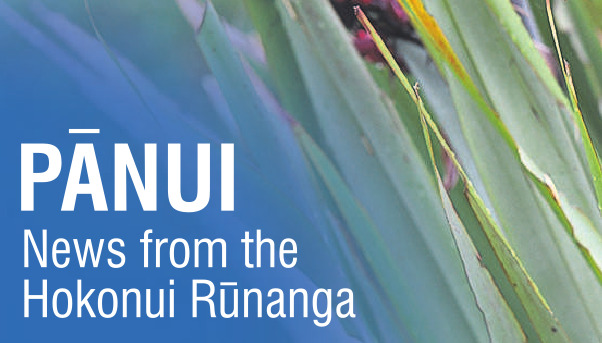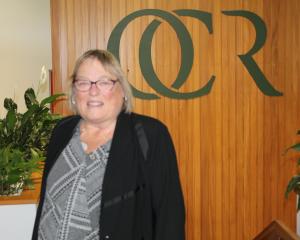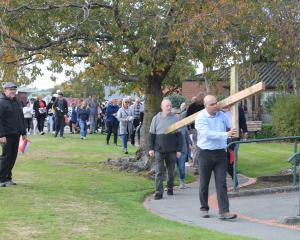
You may have heard people recite their whakapapa, genealogy, and often wondered why they do this.
In Māori culture, whakapapa is a framework that connects people to their ancestors, weaving their past and present together, and establishing connections between whanau (family), significant places such as mountain ranges and rivers, myths and stories, and their wider community.
Whakapapa is more than a family tree, it’s a narrative that traces an individual’s lineage back through the generations, linking them to their iwi (tribe) and hapū (sub-tribe).
This connection provides a sense of identity and belonging, reinforcing cultural heritage and bringing a sense of pride.
By understanding their whakapapa, individuals gain insight into heritage, ancestry and their place in the world.
In Māori culture, whakapapa plays a fundamental role in maintaining social structure.
Leadership positions, participation in cultural practices are often determined by whakapapa.
Knowing one’s genealogy can grant the right to speak on behalf of the community or partake in specific ceremonies, preserving traditions and social order.
Extending your whakapapa to the natural environment, Māori connect genealogically to the land, rivers and mountains.
This relationship highlights the Māori worldview of interdependence between people and nature.
It instills a respect for the environment that underpins the principles of kaitiakitanga (guardianship), guiding the sustainable management and care of our natural resources.
In today’s modern environment, whakapapa remains the link to cultural heritage, helping Māori individuals and communities maintain their unique identity, traditions and myths.
Through whakapapa, stories, values and knowledge are passed down, reinforcing the cultural bonds and ensuring the continuity of Māori culture.
In essence, whakapapa is the lifeblood of Māori culture, bringing together identity, history, and the connection to the natural world and aids a sense of belonging and connection to the community.
Shelley Karena, Hokonui Rūnanga












